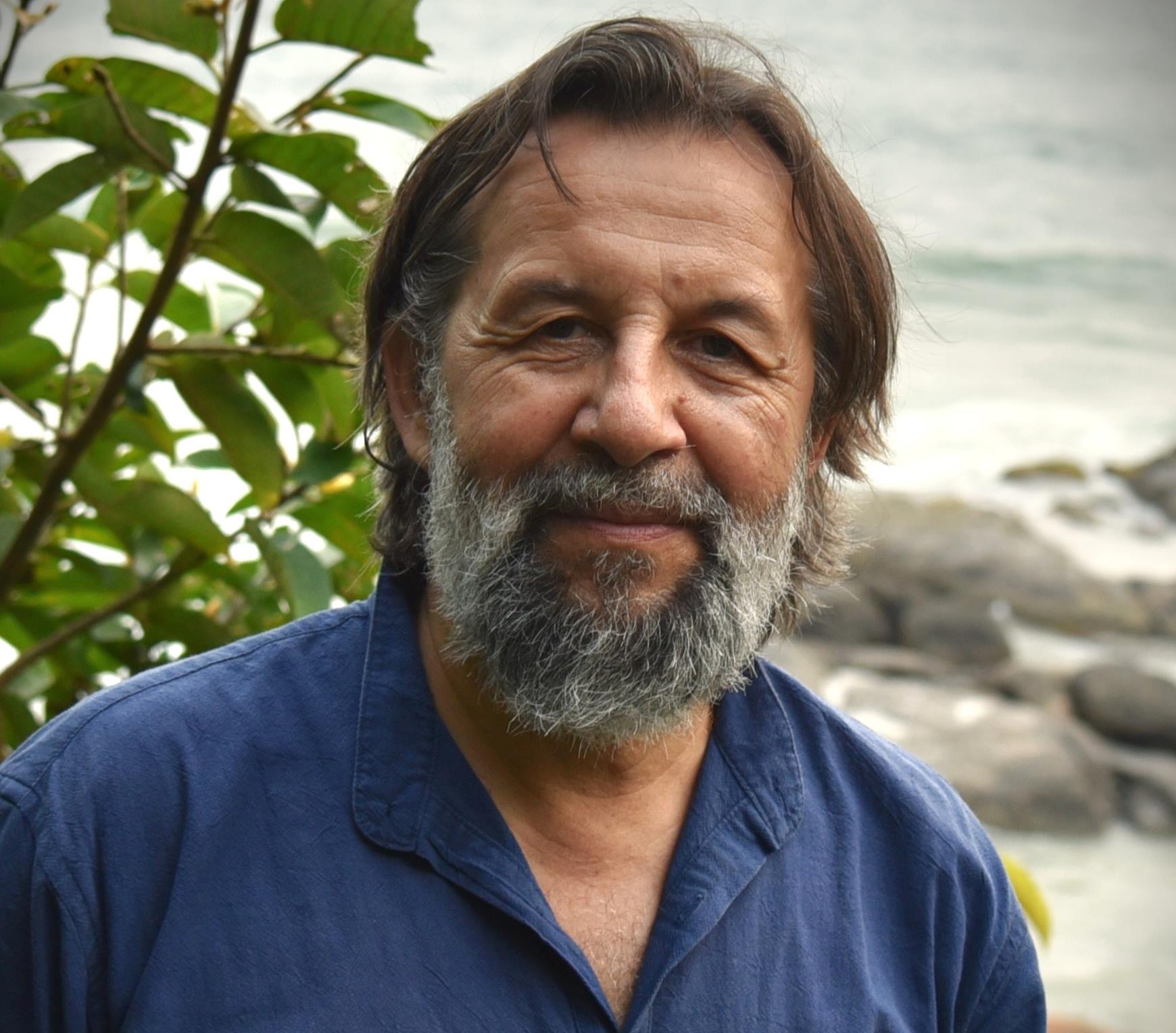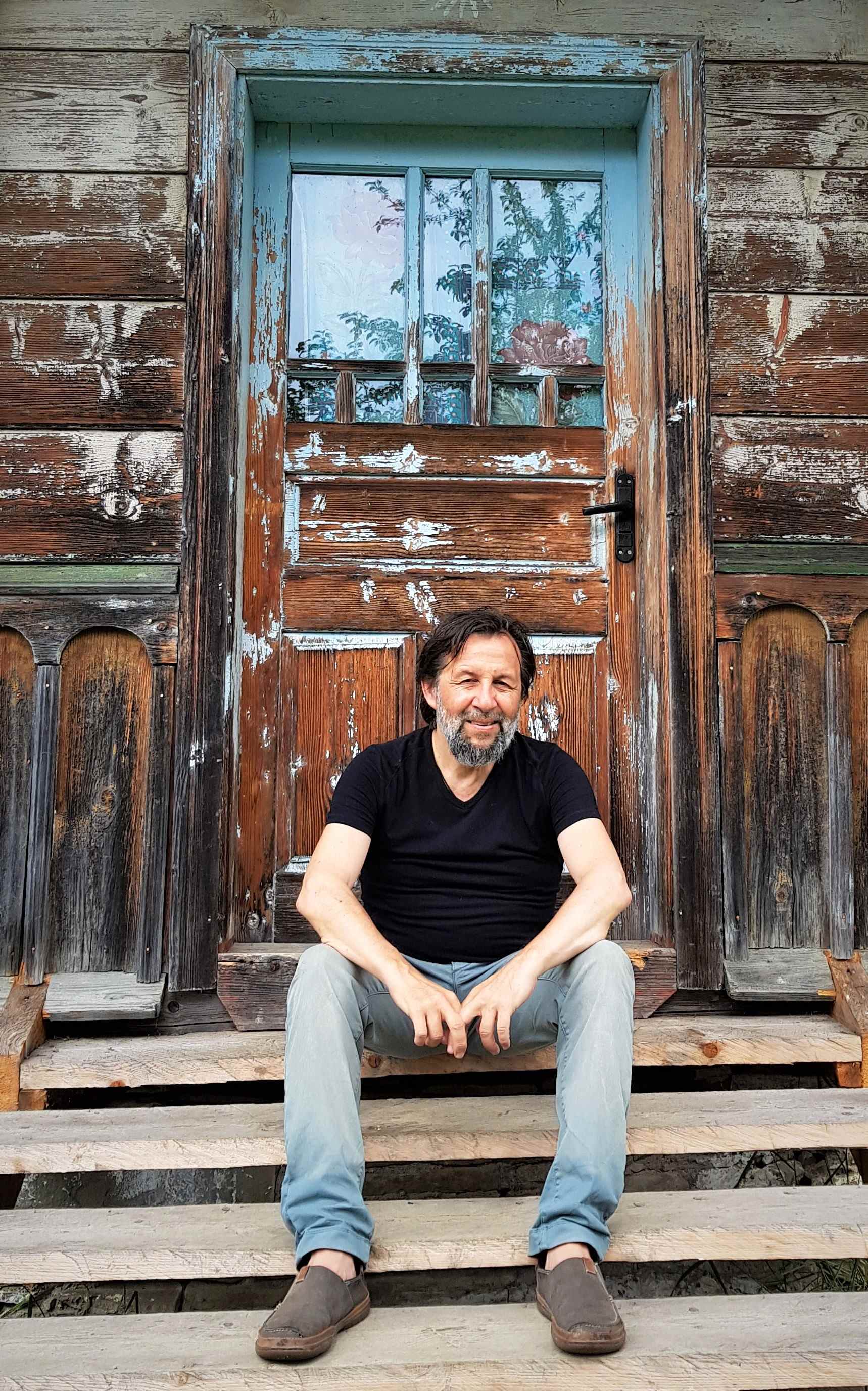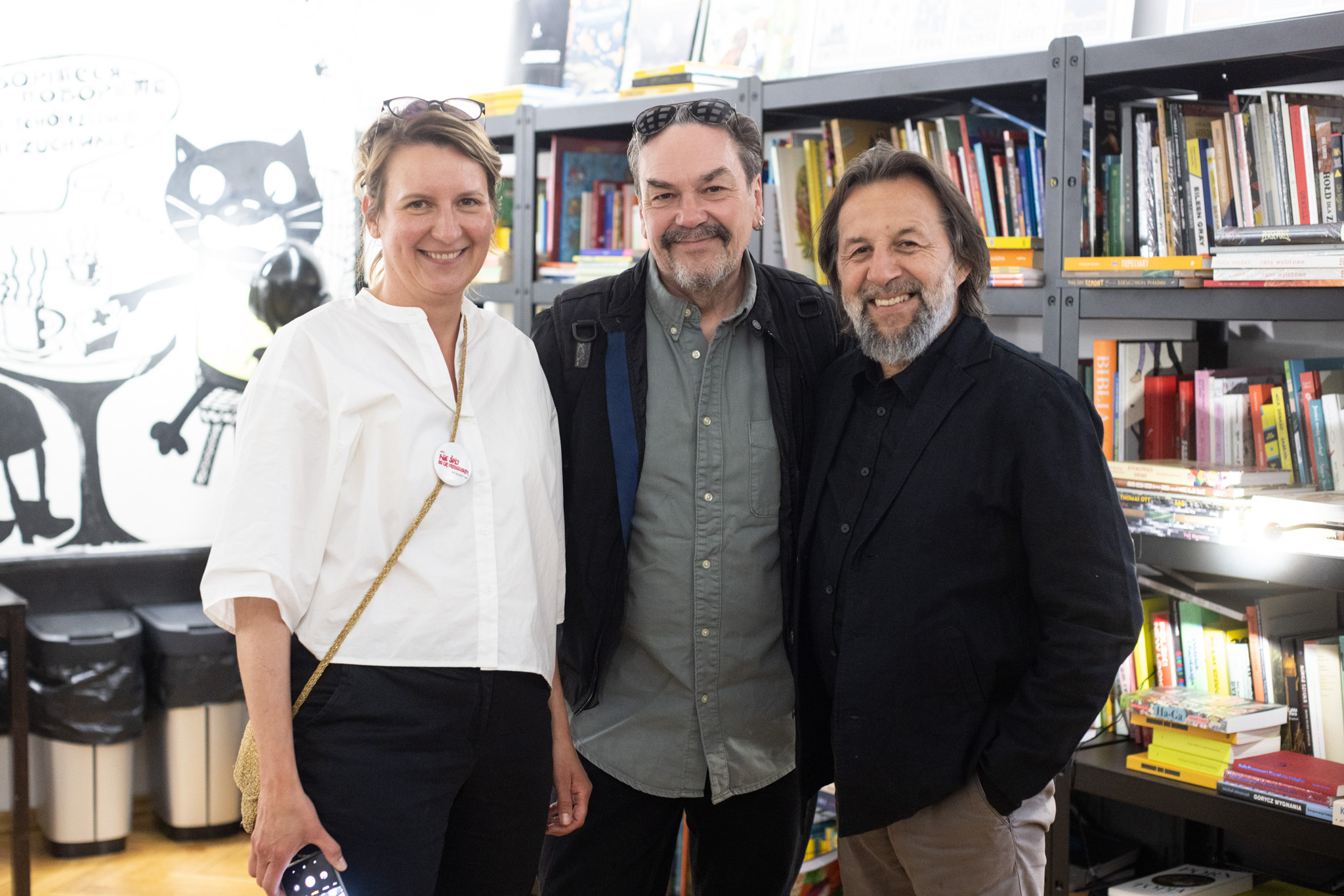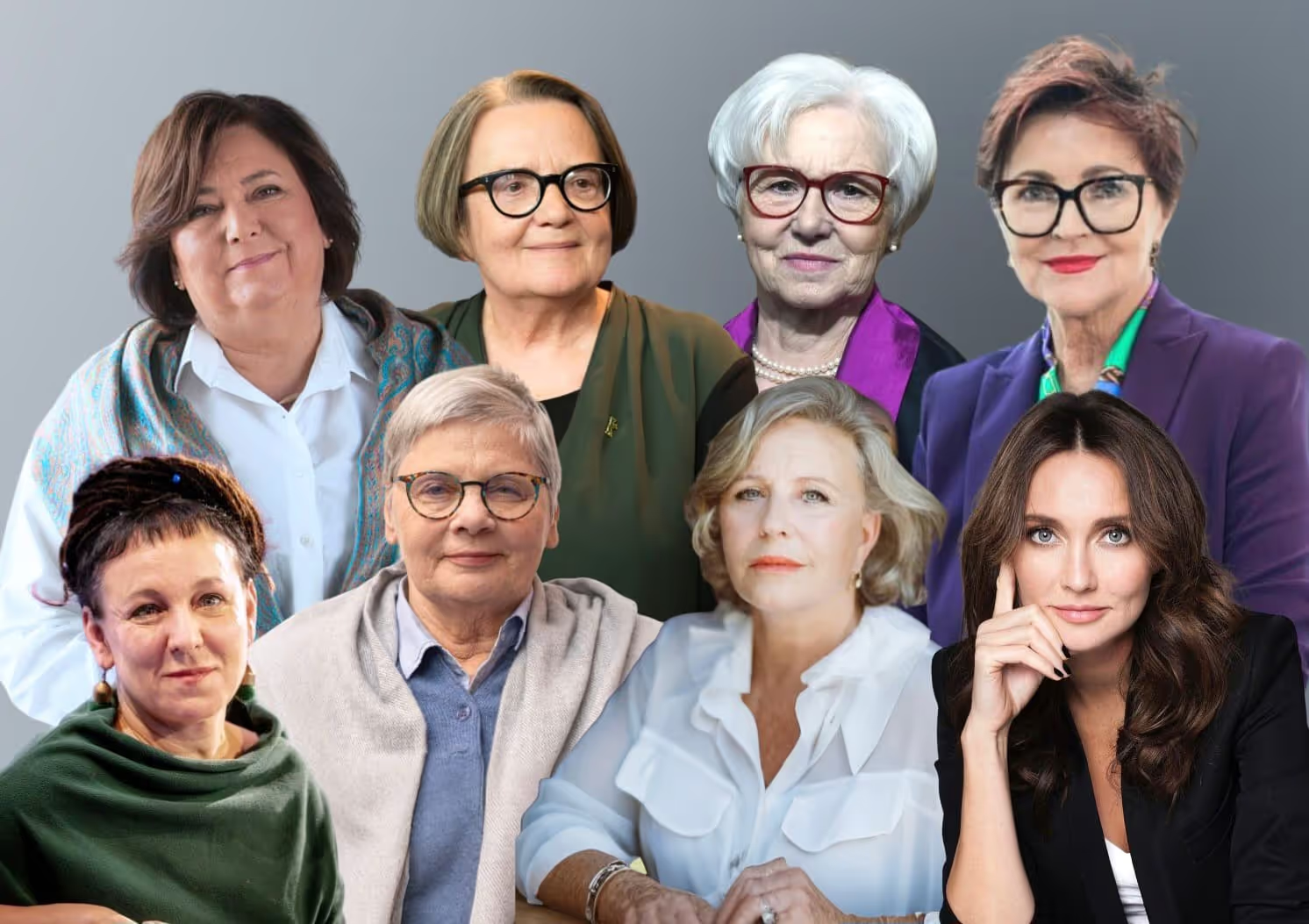Support Sestry
Even a small contribution to real journalism helps strengthen democracy. Join us, and together we will tell the world the inspiring stories of people fighting for freedom!
Superhumans, «supers» - that’s what patients are called in the Superhumans rehabilitation centre. This modern clinic specialises in prosthetics, rehabilitation, reconstructive surgery, and psychological support for injured military personnel and civilians. All services are provided to patients free of charge. The facility operates on donations, including from Ukrainian benefactors. Sestry spoke with the CEO of the Superhumans Center, Olga Rudnieva, about the facility's capabilities, current challenges, and the prospects for prosthetics and reconstruction development in Ukraine.
For us, there are no problems. There are challenges.
Nataliia Zhukovska: Olga, the Superhumans Center can host up to 70 monthly patients. How are you managing with today’s influx of patients?
Olga Rudneva: According to our plan, we were supposed to have up to 50 monthly prosthetic, rehabilitation, and psychological support patients. But we understand that the queue is quite large, and it’s not getting any smaller. Currently, there are over 800 patients on our waiting list. Therefore we’ve raised the monthly amount of patients to 70.
I think we could take in even a hundred patients but it would be financially difficult. After all, this is quite an expensive undertaking.
For example, fifty patients cost over a million dollars just for prosthetic components. And that’s assuming we supply all of them with only basic mechanical prosthetics. However, many people receive things like myoelectric hands and electronic knees at our facility, which are several times more expensive. Additionally, we already have a ward fund in the reconstructive surgery department. We perform facial reconstructions, which are quite complex procedures lasting up to 15 hours, involving flap transplants - a complex of tissues consisting of skin, muscle, and bone fragments with mandatory preservation of blood vessels. The recovery is rather slow, for these are patients with difficult cases. We also perform hearing restoration surgeries. Recently we’ve also started working on eyes, - specifically eye implants. And there are patients, on whom we perform reamputation surgeries due to complications like fragment expulsions, osteophytes, or neuromas. Accordingly, we could add another 45-50 monthly patients. In total, we have 100-110 patients simultaneously at Superhumans each month.

And who’s aiding Superhumans financially?
We don’t use state funds at all. We’ve had this strategy and philosophy since the start. We believe that the state should spend its money on defence, while additional resources can be attracted from donors for humanitarian projects.
Our biggest benefactor - American philanthrop Howard Buffett, who covered yearly prosthetics costs for 500 people.
And this is a significant support for us. We also engage in fundraising. We have a wide circle of benefactors from Ukraine and around the world. We are constantly working on attracting additional resources for various areas - psychological support, prosthetics, and reconstructive surgery.

What are the three biggest problems that the Superhumans Centre encounters today?
There are no problems for us. There are challenges that we address. These challenges can be sorted by areas. People are a major challenge - we require high-quality specialists. Teamwork is a challenge as well since Ukrainian doctors aren’t used to working in teams, and our patients are part of this team. Another challenge is Ukraine’s accessibility. Because when a patient leaves our facility, he enters the real world again. If he encounters difficulties with integration and mobility, it threatens his mental state, and in time he could return to us once again.
And we do not want patients to return for psychological rehabilitation. It's important for us that they integrate into civilian life as quickly as possible.
The challenges include scaling the Superhumans model across Ukraine. The next two centres are set to open in Odesa and Dnipro. When it comes to purely medical challenges, we deal with difficult amputation cases. There’s also infection control because our patients often arrive with numerous infections. Before reaching us, they may have been in 6-7 different hospitals and have picked up infections during evacuation. Many of the injuries are from landmines and explosives, with numerous complications. There are many challenges, but none are insoluble.
You are against Ukrainians receiving prosthetics abroad. Why is that?
We must develop our own expertise in Ukraine, and prepare our specialists to become independent of western medical support. It won’t last forever. Unfortunately, as of today, we’re facing a large number of upper limb amputations, double and even triple amputations that are difficult to work with. Despite that, why should we send our most complicated patients abroad? To educate foreign specialists?
We have everything to completely ensure the installation of prosthetics for our people here, in Ukraine.
Secondly, a prosthetist and a patient are linked for life. Weight changes, changes in the patient's needs regarding the prosthesis - all of these require adjustments, servicing, and fine-tuning. It's simpler to do this in Ukraine. Returning abroad for these adjustments is very costly. It's unlikely for a person to collect the necessary funds to modify, for example, a prosthetic socket or reprogram something in their knee. Consequently, the overwhelming majority of people who were initially fitted with prosthetics abroad end up getting re-fitted in Ukraine over time. And the third factor is the language barrier. We have quite a few patients who received high-quality prosthetics abroad but came to Ukraine for rehabilitation because they didn't receive psychological support abroad due to language barriers or insufficient rehabilitation. These issues highlight the inefficiency of prosthetics abroad. Therefore, we must do everything to provide all these services locally.

How would you rate the current prosthetics level in Ukraine? What has changed in the last few years?
Our prosthetics level is quite high. Foreign experts, who used to come to teach us, now say: «There’s nothing more we can teach you. We should come and learn from you». The number of complex cases we've seen in Ukraine and at Superhumans over the past year matches all of the ones that Walter Reed (an American military hospital - author.) has encountered throughout its history of working with veterans' prosthetics in the U.S. Therefore, we already have the experience. Our prosthesits are constantly learning and have practical skills. This is not only true for Superhumans. Overall, there are a lot of skilled specialists in Ukraine.
The only issue is that we lack upper limb prosthetists. We constantly invite foreign experts to come and help us fit prosthetics for our patients.
But all in all, Ukraine has the experience, and the prosthetists. There just needs to be more of them. And we’re educating them right now, specifically at Lviv Polytechnic on our base and the UNBROKEN base, meaning that these people will soon become available on the job market and will be highly qualified.
Reconstructive surgery - it’s expensive and difficult
In war, people not only lose their limbs but also suffer facial injuries. At the end of February, the Superhumans Center started operating a reconstructive surgery department. How developed is this field in Ukraine?
We perform a considerable number of facial reconstructions and surgical interventions. However, the problem is that these are mostly carried out by doctors specialising in maxillofacial trauma, whereas general surgeons are needed. This is because the procedures involve implants and grafting skin from various body and facial parts. Together with the Ministry of Health, we have started a reform in training and preparing such specialists. We indeed lack experience in this area. Moreover, there are few schools worldwide that train specialists in this field. Together with the Ministry of Health of Ukraine, we are collaborating with France in this direction. Additionally, we need to prepare people who specialize in postoperative care, as patients will require long-term recovery and special care to minimise rejection, infection, and complications.
Is there a sufficient amount of specialists in the field of reconstructive facial surgery? Where do you look for them?
Today, we have joint teams operating - Ukrainian specialists together with their French or Czech colleagues. Each case is documented, broadcast live from the operating room, and discussed with experts. Every surgery is described as a case study and made available to the market so other surgeons can view it and ask questions. Additionally, American and Canadian missions come to help with facial reconstructive surgery. Thanks to the international medical partnership initiated by the First Lady, we have gained access to the world's best surgeons.
Our team of doctors includes those who performed the world's first face transplant operation.
They are interested in our complex cases, and we require their experience. Besides, reconstructive surgery is expensive, as the implants themselves are costly.

People with facial injuries are difficult patients from the perspective of not only physical but psychological recovery. Do they work with psychologists? Is there enough of them?
The first step for a patient at the centre is a meeting with a psychologist and an assessment of their psychological state. Regardless of the newcomer’s condition, their first meeting is with a psychologist who evaluates their mental state. The psychologist is the person who accompanies the patient throughout the entire treatment period. It is quite challenging for the patient to go through the recovery period, which sometimes lasts 3-5 years. Until the person is satisfied with the result, a psychologist has to be by their side, accompanying them through all these interventions.
We wouldn’t have initiated the treatment if we were lacking such specialists
This is not the case where we can figure out in the process that we’re lacking, for example, three specialists. They’re not trained in one night. Therefore, we form a team from the get-go. For instance, the Superhumans Center in Odesa is set to open in February but team-forming and preparation will start in September. In Dnipro, the centre should open in September 2025 but the teams have already started preparing. Hence, the team preparation period for launching a new centre or service is quite time-consuming.
We work with every investor and explain where their money will go
During your work trips abroad, you always encourage the West to engage more actively in supporting Ukraine. What particular aid and support would you like to see from them in the foreseeable future?
We always ask for weapons. This will help us end the war sooner. We understand that the sooner this happens, the less work we will have. We also ask for support for humanitarian projects, especially in education and healthcare. We believe these two areas are crucial for the country to function after the victory. Therefore, we constantly encourage foreign donors to pay attention to them and support us. Whether we are heard depends solely on us - on how we convey our thoughts. If we don't receive funding, it is our problem. It means we are not communicating effectively. After all, there are many problems in the world. We are not the only country at war.
And it is our job to ask for help, to encourage and invite additional resources here
And I believe everyone is doing that - from the President to a mother in Kharkiv who helps his husband on the frontline.
Olga, you once said that you dreamed of meeting Richard Branson and Bono face to face. And you did. You felt inspired by Hillary Clinton - and she invited you to her podcast. What rendezvous do you dream of today?
I think I’ve accomplished everything I dreamed of. There are certain plans for people we’re interested in working with. We would like them to engage in supporting Ukraine more actively. Accordingly, all of them are on our list.
You see, these meetings are not just for Olga Rudneva to somehow satisfy her ego. They’re about what these people can do for Ukraine
They can join support, provide additional funds, resources for certain projects. Therefore, we choose such people ourselves, people who are important for us to work with, and to be led into Ukraine as support. In my personal list, there are people like Oprah Winfrey, Jeff Bezos, and Melinda Gates. These are people who are still not involved in supporting Ukraine on the scale that we would prefer.
We have all been traumatised by the war
Olga, what do you learn from the Superhumans?
In our interactions with patients, we continuously improve our services. We follow their needs and adapt accordingly. The centre evolves, as does our vision of what it should be. This ranges from rebuilding the entire country in terms of accessibility to changing attitudes toward certain things. When you communicate with someone who has lost two, three, or even four limbs and see what they can achieve, it's a profound source of insights. It's a constant learning process. We enhance our personal and team qualities through these interactions. We remodel the centre to make it more convenient for them, ensuring the service is of higher quality and seamless.
Personally, they taught me endurance, and the ability to have less, but do more.
Tha is probably what they teach us every day. They taught us to dream and understand that it's not really about legs and arms, but about where we are going and why we need these limbs. The overwhelming majority of people have four limbs, and the most they use them for is to write angry comments on Facebook. That's the only thing they produce for the outside world. This raises the question of whether they really need their legs and arms to share negative content online. We have our "supers" who don't have four limbs.
They win marathons, climb mountains, learn to write, write books, learn to write with their other hand
You see these people and realise - yes, hands are really needed, and not just as hands, but hands for something meaningful. This understanding of «why?» actually came from our «supers». And there is an incredible gratitude for the standard set of limbs you feel every day because you can save a tremendous amount of energy and do things much faster. You understand that beside you is someone who does no less than you but spends much more effort and health to accomplish something. This gratitude is immense. People come to us with new stories every time. And this interaction is invaluable.

What do Superhumans’ patients dream of and what are they afraid of the most?
This is very individual. It’s hard to generalise this. Of course, everyone dreams of victory, and also - of finding their place in life. We try to help people achieve their dream, which can be divided into goals.
Every day, a person has to know why they get up in the morning and put on their prosthetics.
This is very important because without all this, the rehabilitation process can be prolonged for months, and that's not right. We help our «supers» find a purpose. And they are actually afraid of things that might seem trivial. Their biggest fear is telling their mothers that they have lost a limb. The guys fear that their wives will come, open the door to the ward, see the missing arm or leg, and say, «I told you so». They fear they won't be able to integrate into civilian life. They worry that people will point at them on the street, that they won't be able to connect with people who have never been to war. They fear they might lose their temper because they know they also represent the veteran community. They fear losing friends who are still fighting and not having enough resources to help their comrades who are still at war. Their fears are very much in the context of today. They are more afraid of the social aspects they might face because of their disability.
How do you help yourself when it gets hard emotionally and where do you look for motivation?
It does not get emotionally difficult for me. I don't experience periods of depression or despair. When you realise what you're doing, for whom, and why, you don't need to look for motivation. The difficulty lies purely in logistics - juggling different tasks. For instance, you might have Hillary Clinton on call while a patient requires immediate help, and at the same time, you need to decide who will take out the trash, which somehow falls onto you. It's challenging to manage different tasks simultaneously. You're a living person, and you must distribute the 24 hours you have each day effectively. But emotionally, it's not difficult for me. Despair and depression consume resources that are already very limited. I can't afford to spend them on such trivialities. Resources are limited in time, emotions, and even my knowledge. Therefore, I have to use them as efficiently as possible.
Yes, I hear different human stories every day, but I don't consider, for example, the story of someone losing four limbs as negative. The person is alive, standing in front of me. I understand what I can do for them. If they want to, they will have a wonderful life. Of course, if I were burying my comrades every day or on the frontlines unable to provide help, and people were dying in my arms, I would be emotionally devastated. But I don't see that.
I work with people who survived. These stories are borderline fantasy. These are survivors that have a future.
And if they came to us, they are dreaming of recovery and life. When I see someone in a wheelchair, I already envision them standing on their feet, holding a cup for the first time. I don't see a person without limbs. So, there's nothing for me to worry about. Nothing destroys me because I work with hope every day. And it's not mythical. We've already helped 550 patients who left us on their own two feet. They have lives that go on, families, and they dream and have children. The stories of our «supers» are stories of victory, even if they are incredibly challenging.

Does society have to be prepared for interaction with veterans? What should Ukrainians realise during this war?
All of us are traumatised in different ways, as a consequence of the war. To some, this means a lost home, a lost life, to others, it means losing their loved ones, some are veterans themselves, and some lived abroad and are returning to Ukraine. We all have different traumas and experiences of war. And we have to intertwine these experiences and learn to live together. And this is not a question of whether we have to learn to live with veterans. We need to learn to live with one another overall, to interact with the understanding that anyone standing in front of us has some kind of war trauma. Just like us. To treat each other with respect and understanding. After that, it’s a technical question. What trauma does the person in front of me have and what have they been through? They could’ve gone through the war, been wounded three thousand times, and be less traumatised than someone who’s lived abroad the entire time and came back with immense guilt.
We are all different. There is no special device that we could use to measure each other’s trauma
Our stress resilience and response to trauma is also different. Consequently, it's hard to determine whose trauma is deeper or more damaging to the state and to the individual. Therefore, we need to prepare to live with a range of war experiences within the same country. I believe that this is going to be our greatest challenge yet.

A TV host, journalist and author of over three thousand materials on various subjects, including some remarkable journalist investigations that led to changes in local governments. She also writes about tourism, science and health. She got into journalism by accident over 20 years ago. She led her personal projects on the UTR TV channel, worked as a reporter for the news service and at the ICTV channel for over 12 years. While working she visited over 50 countries. Has exceptional skills in storytelling and data analysis. Worked as a lecturer at the NAU’s International Journalism faculty. She is enrolled in the «International Journalism» postgraduate study program: she is working on a dissertation covering the work of Polish mass media during the Russian-Ukrainian war.























